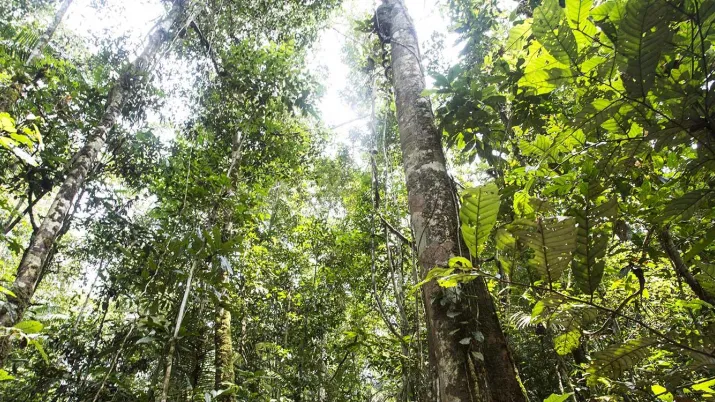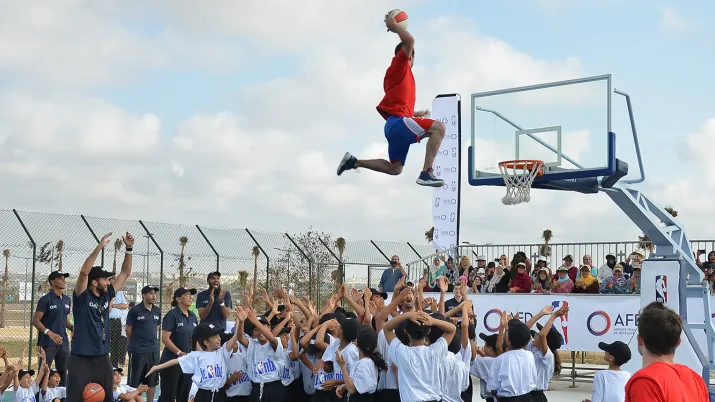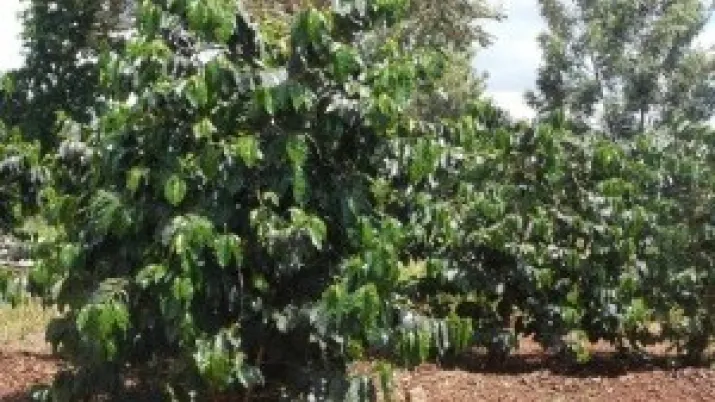Share the page
Reduce Food and Nutrition Insecurity in West Africa
Project
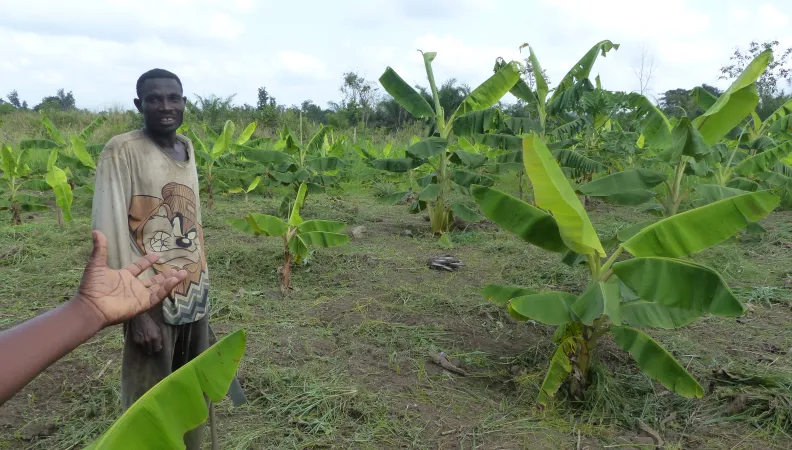

-
Project start date
-
Status
Completed
-
Project end date
-
-
Project duration
-
8 years
-
AFD financing amount
-
10 400 000 €
-
Country and region
-
Location
-
Abuja, Nigeria
-
Type of financing
-
Beneficiaries
-
Members States of the Economic Community of West African States (ECOWAS)
Deeply affected by under- and malnutrition, countries of the Economic Community of West African States are also exposed to recurring food crises. AFD favors the strengthening of its prevention and intervention capacities.
Context
Food insecurity remains a major structural problem in the Economic Community of West African States (ECOWAS) region. Out of its 308 million inhabitants, 40 million people are undernourished and suffer from chronic malnutrition. Every year, food crises affect additional millions of people.
These crises highlight the very strong link between structural and cyclical factors as well as the interdependence of the member States' economies at the regional level. They also reveal the seriousness of child malnutrition and the difficulty to address all its causes simultaneously.
ECOWAS adopted a common agricultural policy (ECOWAP) in 2005, to provide a regional response to these food-related challenges. Its priority is to modernize agriculture, to achieve self-sufficiency and food security at the regional level.
At the 2009 International Conference on Financing ECOWAP, attending partners, including France, expressed support for the orientation, principles and implementing rules of ECOWAP.
Description
The Program to support Food and Nutrition Security in West Africa (PASANAO) aims at improving the capacities of ECOWAS and its member States to ensure food and nutrition security for the West African population.
It has three specific objectives:
- to improve information systems on food security at the regional level, to better apprehend issues related to markets, household incomes and nutrition;
- to back the design and the implementation of public intervention instruments for ECOWAS and member States, to limit food insecurity and respond to crises;
- put into force innovative operations to enhance the food and nutritional situation of the most vulnerable groups.
PASANAO is the first program to be set up^by the Regional Agency for Agriculture and Food (RAAF), based in Lomé. It directly benefits to building the Agency’s operational guidelines and procedures.
Impacts
- Boost agricultural production and trade;
- Reduce price volatility;
- Ease access to food;
- Bolster household income.
In the same region
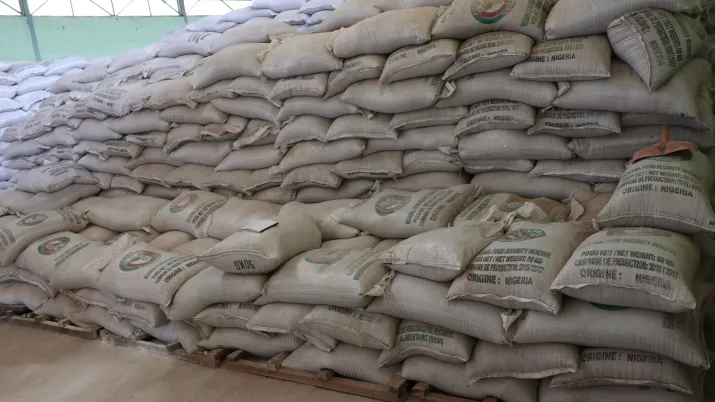
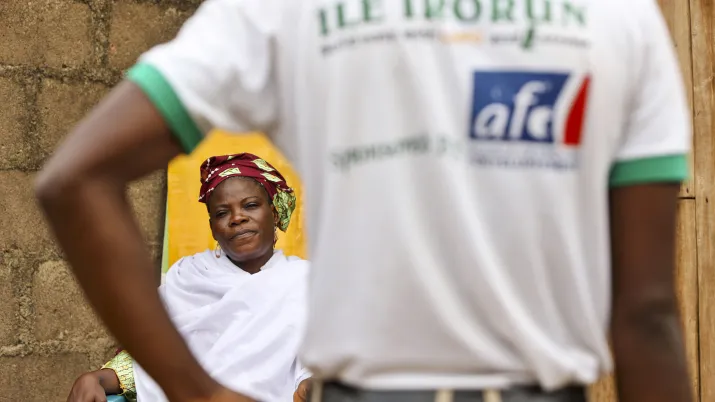
On the same topic
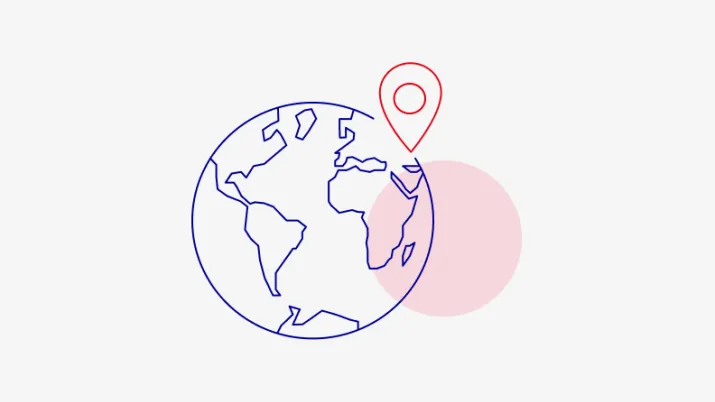
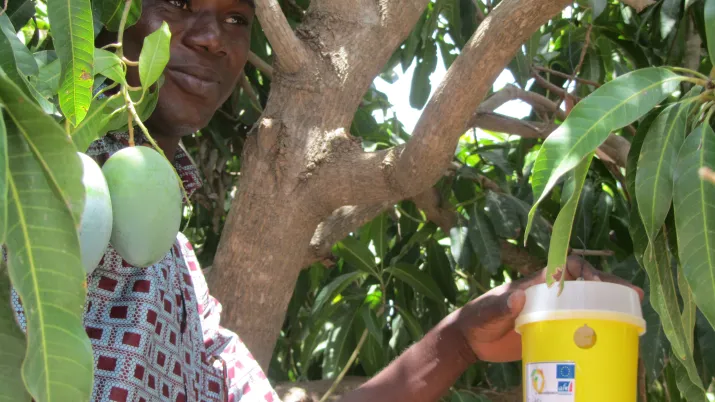
On the same financial tool

